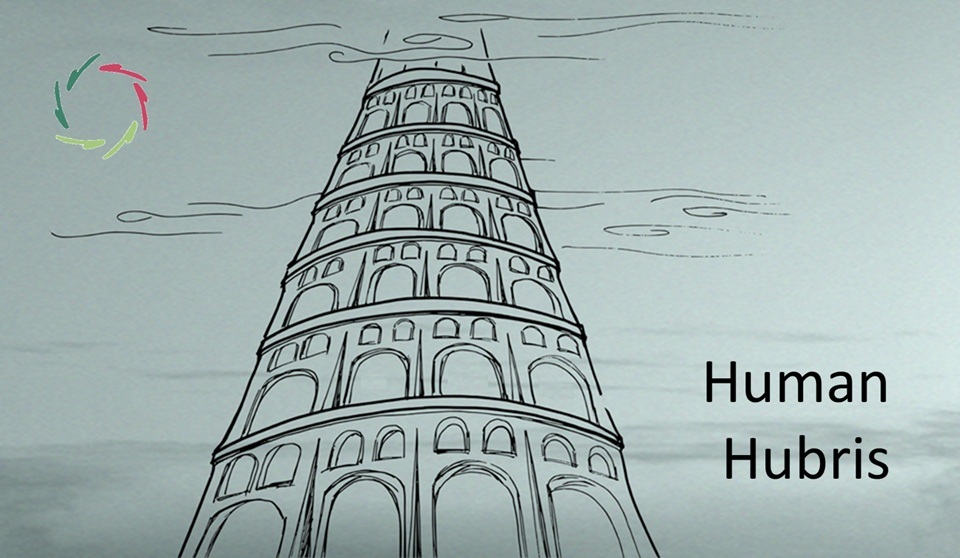Always Responsible, Never Guilty

The difference between guilt and responsibility is very important, yet frequently it’s barely acknowledged.
You are guilty when having committed a crime. What is denoted as a crime may vary. Sometimes homosexuality is seen as an awful crime. At another time and place, it’s normal behavior.
Crime does not exist without cultural definition.
A set of rules delineating ‘crime’ forms a specific code of ethics. For instance, a set of ‘general human rights.’ Cultures have different ethics and even within one broad culture, there may be contradictory ethics, forming subcultures. Ethics itself is a main way to ‘control’ individuals, aligning them into a specific culture. Good for that culture but:
does ethics necessarily need to be guilt-provoking?
Theoretically, no. Moreover, the idea of ‘guilt’ has been developed long ago when there was no insight in the human unconscious. Now we know that every motivation (whether towards crime or good deeds) arises from the unconscious. This makes feelings of guilt in the usual sense somehow obsolete.
So let me introduce ‘guilt-less responsibility.’
In my experience, when people hear the term ‘responsibility’, they generally think it’s about guilt even if they themselves think differently at first sight. Guilt-less responsibility is, as the term denotes, clearly about responsibility without guilt.
I see in this a variance of ‘control’:
- control-1: Rules + punishment if not obeyed. For instance: “If you do not obey me, I hit you.” No feeling of guilt is required. People know the rules and act accordingly or bear consequences. There is purely external control.
- control-2: As an extension to control-1, a feeling of guilt is used as a way to further control people, internalizing the external control. For instance: “If you do not obey me, you are a bad person.” This is needed in complex societies. Generally, not only the rules are internalized but also the punishment, leading to self-punishment such as through chronic pain. This has been scientifically proven many times, in contrast to responsibility which has been proven to be beneficial.
- control-3: ‘Guilt-less responsibility.’ For instance: “I do not need to obey to this rule, but I do so because I care for other people.” Note that the difference with control-2, even while being important, is not straightforward: internalized versus truly internal… This is why people mistake so much between guilt and responsibility.
Culturally, we are still deeply into control-2, with as consequence: much psychosomatic suffering. E.g. a mother wants the best for her child but she is not able to provide optimum care and feels guilty, ‘not being a good mother’. This guilt drives her to want it even more. She gets in a vicious circle and a lot of distress, dis-ease (as in un-ease), possibly even disease. Not good for the child either.
It makes sense to evolve to control-3.
Responsibility is no coercion.
People who feel responsible, feel free. They also may feel pride for acting responsibly. They couldn’t feel pride if acting through coercion.
Yet responsibility is not gratuitous.
Responsibility demands that you work on yourself, that you open yourself towards growth in responsibility. It also calls for a whole culture to work out individual support towards responsibility. Finally, it demands that the total human being – consciously and unconsciously – becomes the measure of all things. So:
Is humankind ready for this?
Can one build culture without ‘guilt’? Theoretically, yes. Practically? Honestly, I don’t know.
What I do know, is that if you (and me and many others…) do not take action, humanity will not be ready for it for a long time.


